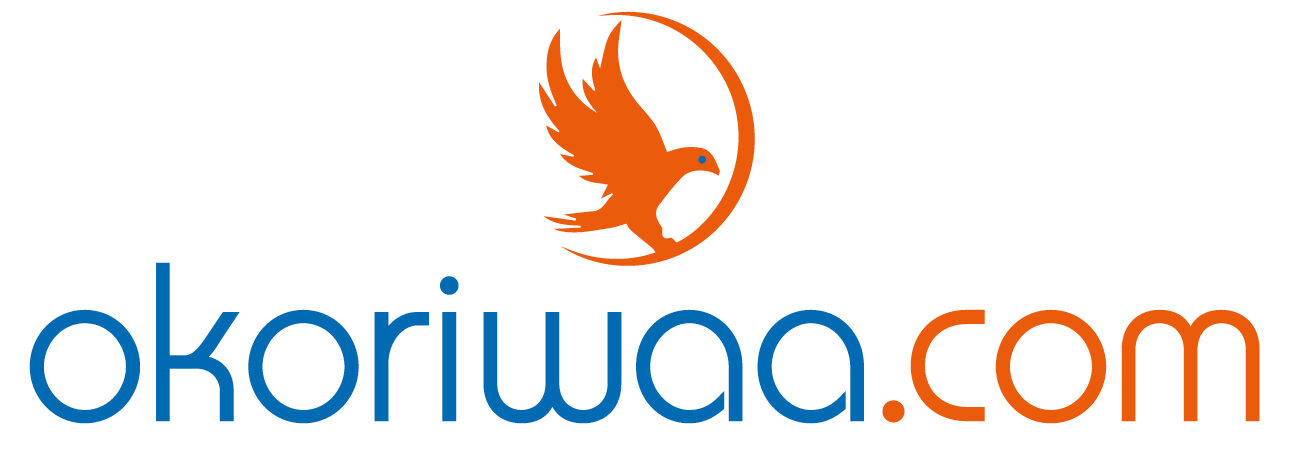In a Significant Moment
Could a teenage boy save a whole nation?
The bellowing of the giant could be heard several miles away. Men of war trembled and cowed; women and children hid wherever they could. The King and Commander-in-Chief, was crumbling under the heavy weight of hopeless helplessness. He had failed his people. His anguish was palpable. Who will save the land and the people? His mightiest men were running scared; and he himself was traumatically terrified.
For days, the giant-bully – a shrewd, decorated, veteran of war- and his cohorts, intimidated, taunted, and threatened the people. Finally, on a scorching afternoon, an unknown, ruddy, seventeen year old boy, whose full height measured somewhere below the knee of the giant, offered to fight and slay the giant-bully.
The bullying army scoffed; the army of Israel laughed; his elder brothers in the army sneered. Saul, the king, was puzzled but willing to try anything, even an unskilled, ruddy little boy, to put an end to the depressing embarrassment and terror.
This is how the metaphor of David and Goliath was born. For the full story, you may read the seventeenth chapter of the first book of Samuel (in the bible).
Leadership, Life, and Situational Perspectives from David and Goliath
1. Positional Blindness and the Deception of Size
From his privileged genetic giant heritage, Goliath could not see how a boy the size of David could possibly defeat him; not by any long stretch of imagination was it possible. Goliath could easily quash David with one hand. Hence, the sight of David and his sling neither frightened nor threatened him. It did not occur to him to take cover and find out more about his young and somewhat disadvantaged opponent. What made David so bold? Goliath didn’t know and didn’t care to find out. He was blinded by the citadel of his height.
It is imperative as a business or an individual, to assess and re-assess your position vis-a-vis your current situation; you may have been a champion, or the underdog; because the wheels of life are always turning, pay attention to the current phase, or situation you are about to get into. The wheels may have turned favourably or unfavourably in your direction. Over-reliance on position or size, be it physical, mental, financial, infrastructural, or any other size-based advantage/ disadvantage, can lead to situational blindness.
“Every now and then, a little leap of faith is all it takes to move in the right direction”
2. The Obstruction of a Partial Picture (and the advantage of a full picture)
Goliath had a partial view of David – his physical appearance, and his seeming farcical choice of weapon. Who takes a catapult to a sword fight? Goliath scoffed and dismissed David as a real opponent. That, however, was a fatal error; he did not know the full story of the ‘unskilled’ David – that he had experience in killing dangerous animals. Always get the full picture (or close enough to the full picture) before you act. What Goliath didn’t know, killed him. He died a shameful death because he failed to get the full picture.
3. Trap of the Obvious
Appearances can be deceptive. What seems obvious can be misleading. Some things are exactly what they appear to be; most things are a far cry from what they appear to be. Hasty acceptance of the ‘obvious’ can be disastrous, as exampled by the Trojan horse in the epic Trojan War. Care enough to look beyond the obvious, and if necessary, look again.
4. The Versatility of Experience
Experiences are versatile depending on how you treat and use them. Both David and Goliath had experiences which informed their decisions. Experience served one but failed the other. David’s experience with the sling, together with his ability to aim and hit the target where it mattered, served him well. Every experience can be useful, if you know how to process and distil its secrets for your next project or phase. It is quite easy to over-play some experiences, while down-playing others. Each experience holds its own secret. As a person, leader, or business, your experiences, even the ostensibly unimportant ones, may be more valuable than you are allowing; learn to tease out their lessons and secrets for current and future endeavours.
“The answers we look for on the outside are typically found within. What makes or breaks a person (and business) is normally from within. ”
5. The Power of Authenticity
David looked within and banked on the one thing he had that Goliath neither had, nor knew about – his identity. David counted on himself, his skill, his faith, and his values. David rejected the armour Saul offered because he could not be himself in the over-sized armour. He did not know how to move freely and take the kind of precise aim he needed, in the borrowed protective gear. Putting on the armour looked like the practical and ideal thing to do. But, David knew himself; he knew what he wanted to do and how he could do it fluidly. He chose to remain true to what works for him. Can you imagine the young 17 year old in a tall military boss’ garb, walking towards Goliath?
The world is looking for authenticity; in the face of pervasive duplicity, phoniness, and mass sameness of copied lifestyles and replica businesses, our world desperately needs authentic, true-to-self individuals and businesses.
World economics, history, posterity, celebrate and reward originality. Counterfeits come and go; but history has proved several times over that authenticity, and original ideas, are lasting legacies spanning generations.
6. Answers Are Within
The answers we look for on the outside are typically found within. What makes or breaks a person (and business) is normally from within. Whatever life throws at you, search within for the answers, and the tools. From within, we can determine the sort of external factors we need to look at for the change we desire, and the success we are aiming at. Look within first. Because David relied on an innate, not obvious asset, he successfully surprised his adversary. Be mindful about extensive horn tooting (Goliath-ing) to all who care to listen, it is prudent to keep some cards close to your chest (David-ing). Your unknown factor could become your secret weapon and saving advantage.
7. The Audacity of Faith
The answers we look for on the outside are typically found within. What makes or breaks a person (and business) is normally from within. Whatever life throws at you, search within for the answers, and the tools. From within, we can determine the sort of external factors we need to look at for the change we desire, and the success we are aiming at. Look within first. Because David relied on an innate, not obvious asset, he successfully surprised his adversary. Be mindful about extensive horn tooting (Goliath-ing) to all who care to listen, it is prudent to keep some cards close to your chest (David-ing). Your unknown factor could become your secret weapon and saving advantage.
You Decide the End
There is more to every situation than meets the eye. Being in a David position or a Goliath position, in and of itself, means nothing. What we make of it, how we process and handle it, determines whether it would be an advantage or a handicap.

Augustina O. Oti-Twumasi is a communications strategist, and L&D practitioner. she loves to inspire change in herself and in others. She does this through her work as a Training and Workshop Facilitator, Learning and Development Consultant, Creative Writer, Life Coach, and Integrated Marketing Communications Strategist.




